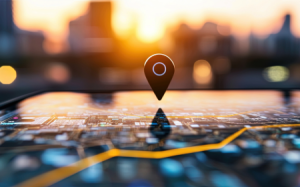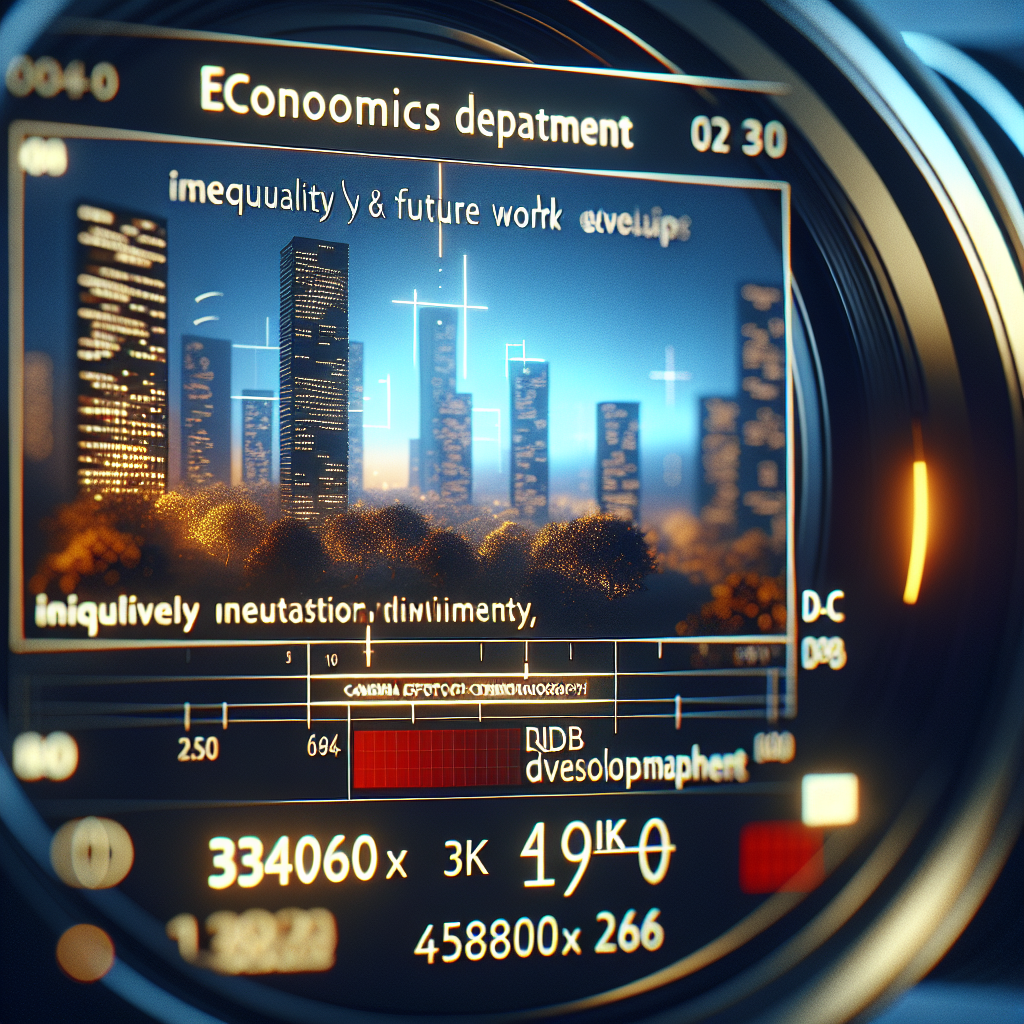Helping robots practice skills independently to adapt to unfamiliar environments
Robots Learning to Adapt to Unfamiliar Environments
Researchers are developing ways to help robots practice skills independently, enabling them to adapt to unfamiliar environments. This advancement in robotics could revolutionize industries such as healthcare, manufacturing, and disaster response.
Autonomous Skill Acquisition
Robots are being trained to learn new skills without human intervention. This involves using machine learning algorithms that allow robots to practice and refine their skills over time. The goal is to create robots that can adapt to new situations and perform tasks in various environments.
- Robots are learning to adapt to new environments without human intervention.
- Machine learning algorithms are used to help robots practice and refine their skills.
- The goal is to create adaptable robots that can perform tasks in various environments.
Applications of Adaptable Robots
Adaptable robots have a wide range of potential applications. In healthcare, they could assist with patient care and perform tasks that are dangerous for humans. In manufacturing, they could adapt to changes in production lines. In disaster response, they could navigate through rubble and debris to find survivors.
- Healthcare: Robots could assist with patient care and perform dangerous tasks.
- Manufacturing: Robots could adapt to changes in production lines.
- Disaster Response: Robots could navigate through rubble and debris to find survivors.
Conclusion
Helping robots practice skills independently to adapt to unfamiliar environments is a significant advancement in robotics. This technology could revolutionize various industries by creating adaptable robots that can perform tasks in different environments without human intervention. The future of robotics looks promising with these developments.













